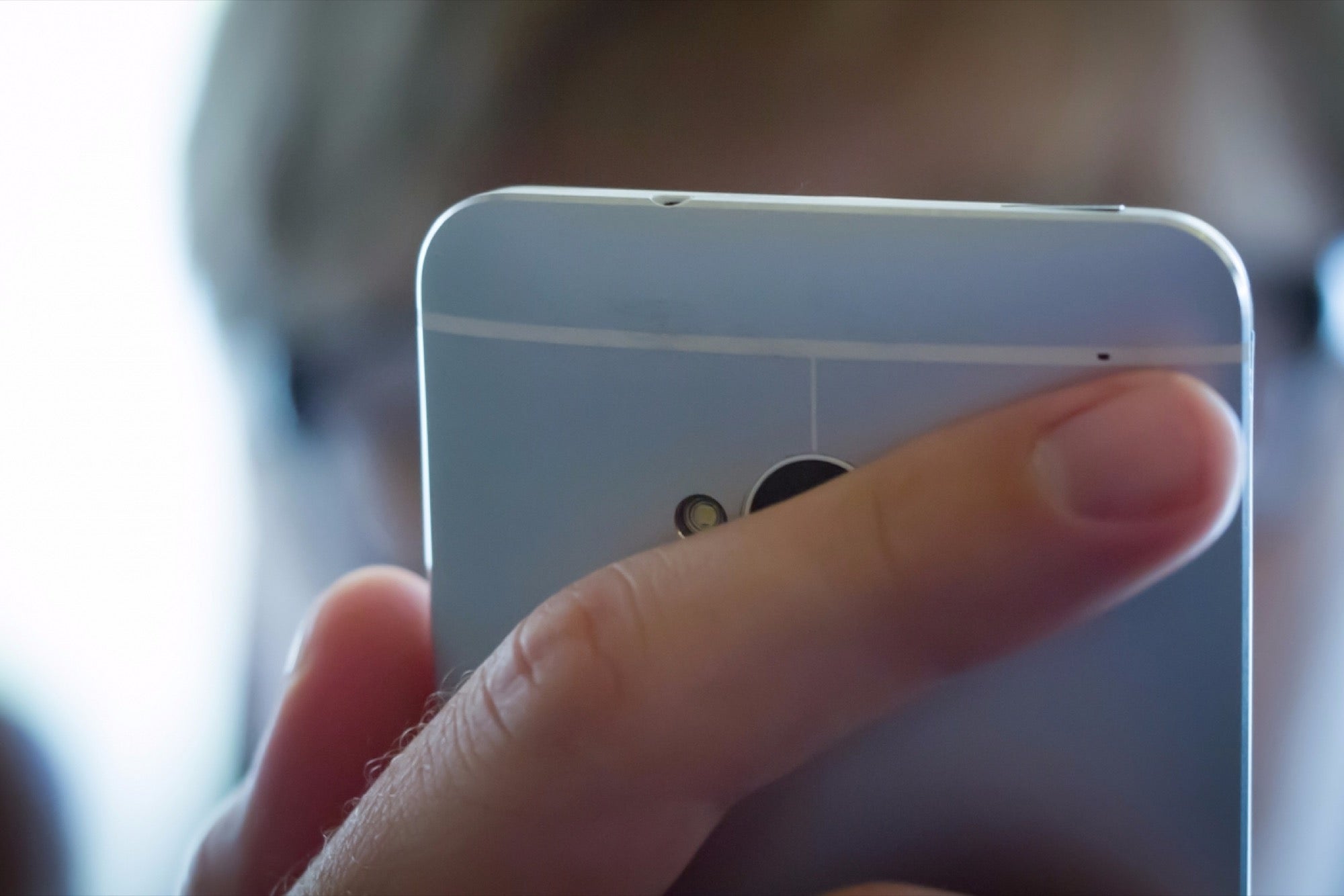3 Ways to Use Mobile Marketing to Keep Customers Coming Back Given that 60 percent of the time users spend online is through their mobile devices, establishing a solid mobile presence ensures that your customers always have a piece of your brand at the tip of their fingers.
By Gilad Bechar Edited by Dan Bova
Opinions expressed by Entrepreneur contributors are their own.

Seventy percent of companies say it's cheaper to retain an existing customer than to acquire a new one, according to a report. And they are right: acquiring a new customer can be five times more expensive, which is hopefully enough to convince you that customer retention should be on your radar at all times.
So how do I retain customers you might ask? The answer is simple: mobile marketing. Given that 60 percent of the time users spend online is through their mobile devices, establishing a solid mobile presence ensures that your customers always have a piece of your brand at the tip of their fingers.
Related: 5 Business Myths About the Mobile Industry
Here's how it's done:
The right place, the right time
Mobile devices draw tons of information from users. Some of this information, such as geolocation, can be instrumental in optimizing your brand's mobile product specifically for consumers. Knowing where consumers are allows marketers to offer users content that's relevant to the situation they're currently experiencing.
The most obvious way to use this data would be to alert existing clients on new deals right when they are near your store or company branch; however, there are ways to get more creative.
Airline KLM is a great example. The company created a mobile game that lets users fly a paper jet over a virtual version of the city of Amsterdam. Aside from being beautifully made and very enjoyable, the game also uses mobile data to promote user loyalty. With every purchase of a KLM flight users' win more points, but the even cooler thing is that users can advance in the game when they are at the airport gate waiting to board their KLM flight (using geo-location technologies).
Related: Rebranding? Don't Forget Your Mobile Strategy
Fresh content and exclusive deals
To ensure users don't lose interest in your app, introduce new content as often as possible. Whether it's cool music, text, visuals or attractive deals, these kinds of elements will ensure users keep coming back for more.
Now, you might be thinking at this point, that by introducing as much content as possible, you are spamming people. Wrong. If someone downloaded your app, it means that they're interested in what you have to offer. The more great content you put out, the more satisfied your users will be. Even content that doesn't necessarily directly relate to your product but fits with its general concept is fair game.
Let's look at the Starbucks app. The app features a variety of content (such as music) that doesn't necessarily relate to the products Starbucks is most known for selling. Users who have the app get this content as an added value and check in with it regularly to see what's new. It's a great way to make sure that your brand stays on the consumer's radar.
Another way to promote user loyalty is by using the mobile app to keep consumers up to date on new products and deals. Being aware of deals before everyone else is good but not good enough. Instead, offer users deals that are only available through mobile purchases to incentivize app users to check in regularly.
A great example is that of an Israeli hotel chain called Fattal. The company managed to get not two but three birds with one mobile stone by launching an app for last-minute deals. First, the company used this clever move as a way of approaching new clients. Second, Fattal included special discounts for loyalty club members and third, they found a classic solution for their dead inventory.
Engage and interact
The best way to turn any consumer into a loyal one is to make them part of your brand. On mobile, this has become easier than ever, and user-generated content (UGC) is the name of the game.
Mobile apps introduce endless, easy and instant ways for users to participate in brand communities and contribute their own content. For instance, to promote its "What is Perfect Conference," TedXPortland launched a mobile app that overlaid the word "perfect" over user-generated pictures that were shared on social media. People immediately became curious about what those pictures meant, which in turn helped create buzz around the conference. The photos were later projected on the walls of the event as part of the decor.
Investing in retention on mobile is not only interesting and creative, it's also essential. This is your opportunity -- and obligation -- to make sure that when customers go on their way, they take a piece of your brand with them.
Related: What They Haven't Told You About Mobile-First Marketing










